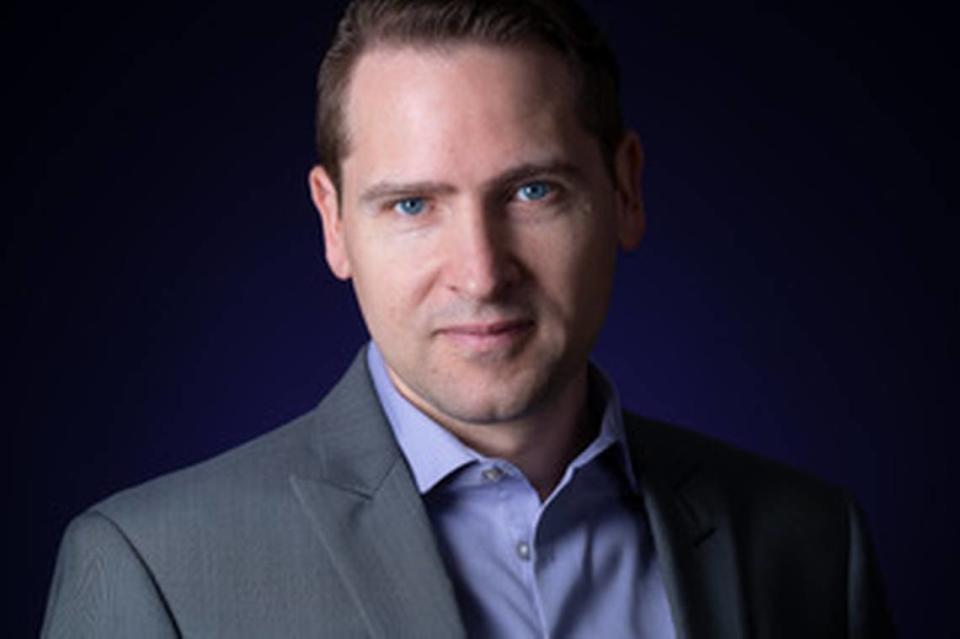What To Ask Your Surgeon Before Going Under The Knife, From Dr. Humberto Palladino, Florida’s ‘MagicSurgeon’ Regarding Aftercare
Many people looking to get cosmetic surgery aren’t quite sure exactly what sort of procedure they want. So when they come before a surgeon, they fall short of asking the right questions.
According to world-renowned plastic surgeon Dr. Humberto Palladino, owner of Top Aesthetics(™), knowing what to ask your surgeon before you go under the knife is your first step to having a safe and satisfying surgery performed on you.
Dr. Humberto is a Mayo Clinic-trained, board-certified plastic surgeon with a reputable track record of providing quality patient care and staying abreast of exciting advances in plastic surgery technologies and techniques. Based in Oakland Park, FL, his practice serves the Greater Miami, Palm Beach, Fort Lauderdale, and Boca Raton areas. He works alongside his brother, who doubles as his business partner, to develop the brand, introducing strategic innovation into their business.

Miami’s ‘MagicSurgeon®’ now shares crucial questions patients must ask their care providers before going under the knife.
What Aftercare Is Involved?
Beyond the actual surgery itself, a crucial aspect is what happens to the patient after the surgery.
How do they recover? Does the facility have arrangements for patients to be monitored post-surgery, so they don’t develop complications that would take them back to square one?
Dr. Humberto classifies aftercare as responsible patient care.
“There are many issues with aftercare that are very important. The patients after surgery are in critical condition, and they need to be monitored. So people need to be checking on them, taking their vital signs, making sure they are doing well physiologically, especially after procedures involving liposuction or any combination of body procedures.”
This aspect must be spelled out before the surgery, so the patient knows they’re in good hands before the procedure. In the event of patients not being in the hands of competent medical personnel post-surgery, complications and health problems could arise, including fainting and lethargy or even a catastrophic outcome.
How Soon Are Patients Discharged?
This is another legitimate question that patients going in for surgery would need to ask before the actual procedure. They need to know how complicated or protracted the process might be, and just how soon they’re going to be discharged from care,
It’s not just going in for the surgery that’s important. Dr. Humberto recommends that patients should also ask and be given an idea of how long they will likely remain under the care of a trained professional and how long recovery might take.
What Aftercare Information Do They Provide?
As illustrated by the respected surgeon, an essential part of the surgery is aftercare. But the patients need to be informed of the type of aftercare that the particular facility or surgeon is offering. Depending on the nature of the surgery that is to be performed, the aftercare may be comprehensive or fall short. It may extend for several weeks, or it may just be required for a short time after the patient is discharged.
Whatever it is, this information should be made clear during the pre-surgery consultation. And when it comes to quality service delivery, aftercare can make a lot of difference in surgery.
How are Vitals Monitored Before And After Surgery?
Patients coming in for surgery also need to know how the facility intends to accurately and effectively monitor their vitals during and after the surgery.
The idea is to ensure that the patient in recovery isn’t left on their own and that there can be a swift and proactive response in case something deviates from the norm during recovery.
“At our practice there’s a team of people that are specifically trained to care for the patients,” explains Dr. Palladino.
What Medication May Be Prescribed After?
Depending on the type of procedure that was carried out, the surgeon will place the patient on the specific medication. What these medications could be and what they’re supposed to take care of should be made known to the clients so they are not in the dark about any aspect of post-care.
There may be other concerns that the patients will have to express to the surgeon, like their medical history. But once these basic but essential questions are sorted, the rest becomes easy, and the clients will know exactly what to expect afterward.
Originally from Argentina, Dr. Palladino completed his general surgery residency at Texas Tech in El Paso, Texas, before training as a plastic surgeon at the prestigious Mayo Clinic in Rochester, Minnesota. In promoting his brand and making quality surgery services available to more people, Dr. Humberto Palladino and his team are currently developing a unique system to organize patient care – putting everything together in one place for their patients, making inquiries easier, and ensuring better results.
Dr. Humberto Palladino has a successful family life and also takes time out of his busy schedule to get involved with volunteering and giving back. He has participated in several medical missions to correct birth malformations such as cleft lip and palate, providing invaluable surgical results. He has also cared for patients in underserved populations, performing corrective surgeries on children and adults worldwide.
McClatchy newsroom and editorial staff were not involved in the creation of this content.

 Yahoo Movies
Yahoo Movies 
